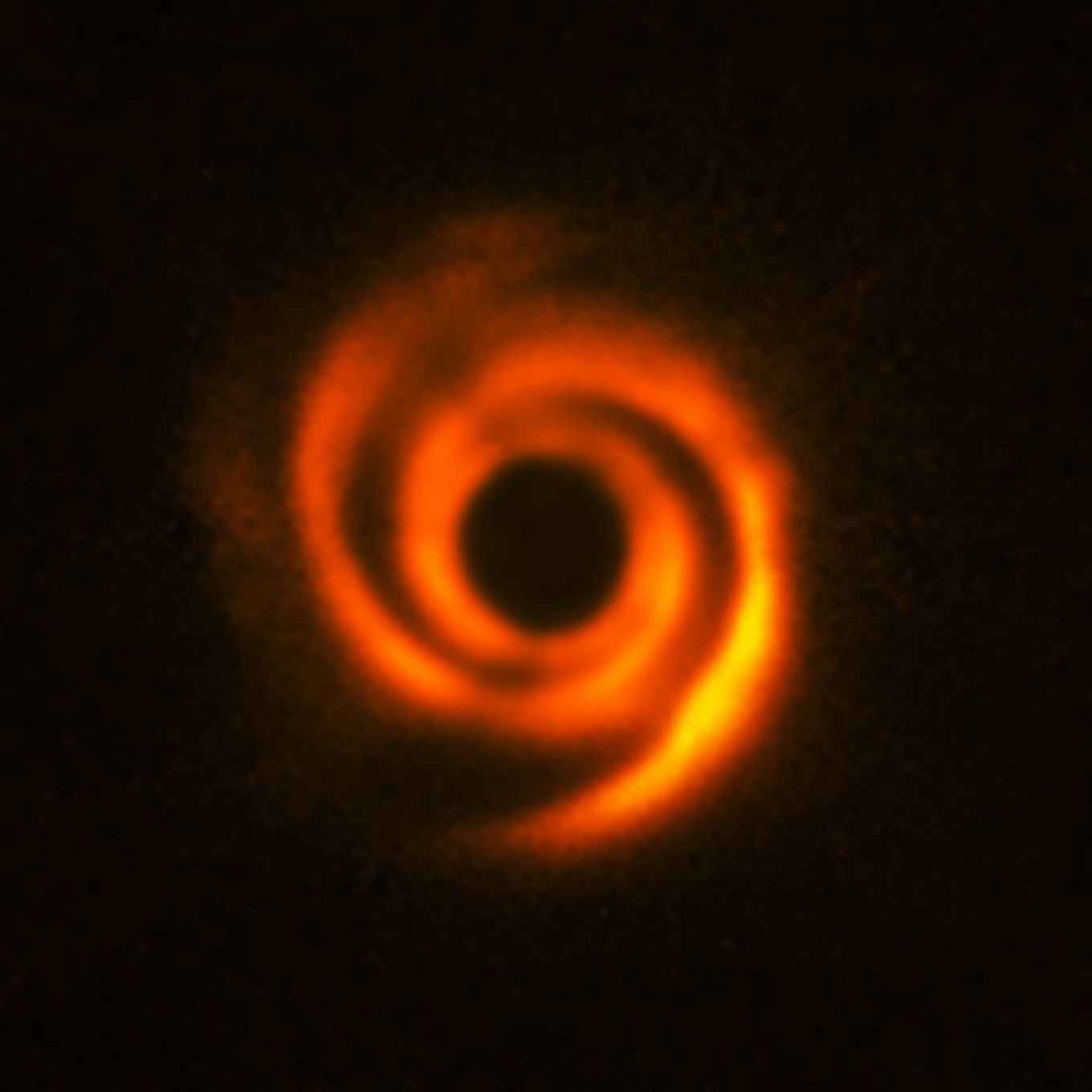Exoplanets and planet formation

Introduction
Studying young stars enables us to investigate all stages of planet formation :
- planet-forming disks,
- dust and debris disks
- and the youngest protoplanets.
The study of exoplanetary atmospheres has greatly enhanced our ability to investigate the properties of planets and planetary systems around more mature stars. With more detailed observations, we improve our theoretical understanding of how planets form and evolve. We study:
-the composition, dynamics and habitability of exoplanet atmospheres
-the evolution of exoplanets through atmospheric escape
Disk and Planet Formation research group
We focus on the evolution of protoplanetary disks through all stages of planet formation. Specifically, in past years, significant results have been achieved in understanding :
- the chemistry, geometry and dynamics of planet-forming disks through theoretical modelling and imaging and spectroscopy campaigns
-various aspects of pebble accretion in the growth of planetary bodies
Exoplanet Research Group
We pursue research into the chemistry, structure and dynamics of exoplanet atmospheres.
A key area of expertise is spectroscopic observations from the ultraviolet to the infrared wavelength range, using some of the world’s most powerful observational facilities.
Theoretical work includes detailed characterization of exoplanet atmospheres from their observed spectra, connecting the properties of planets to their formation and evolution mechanisms.